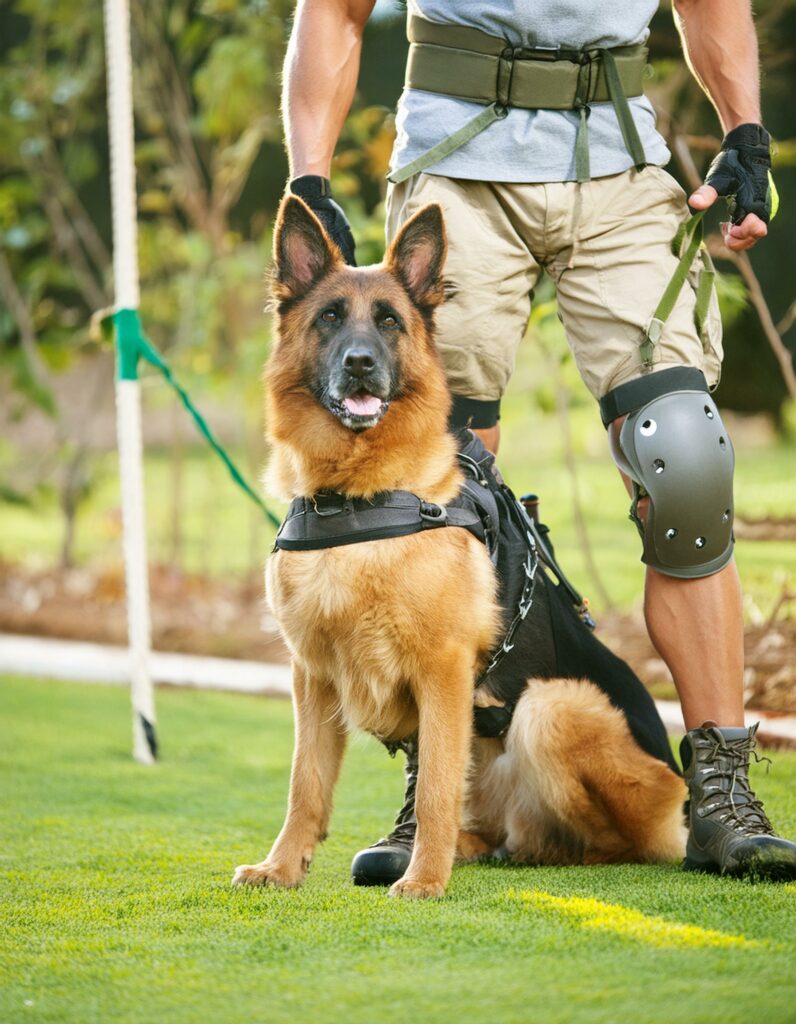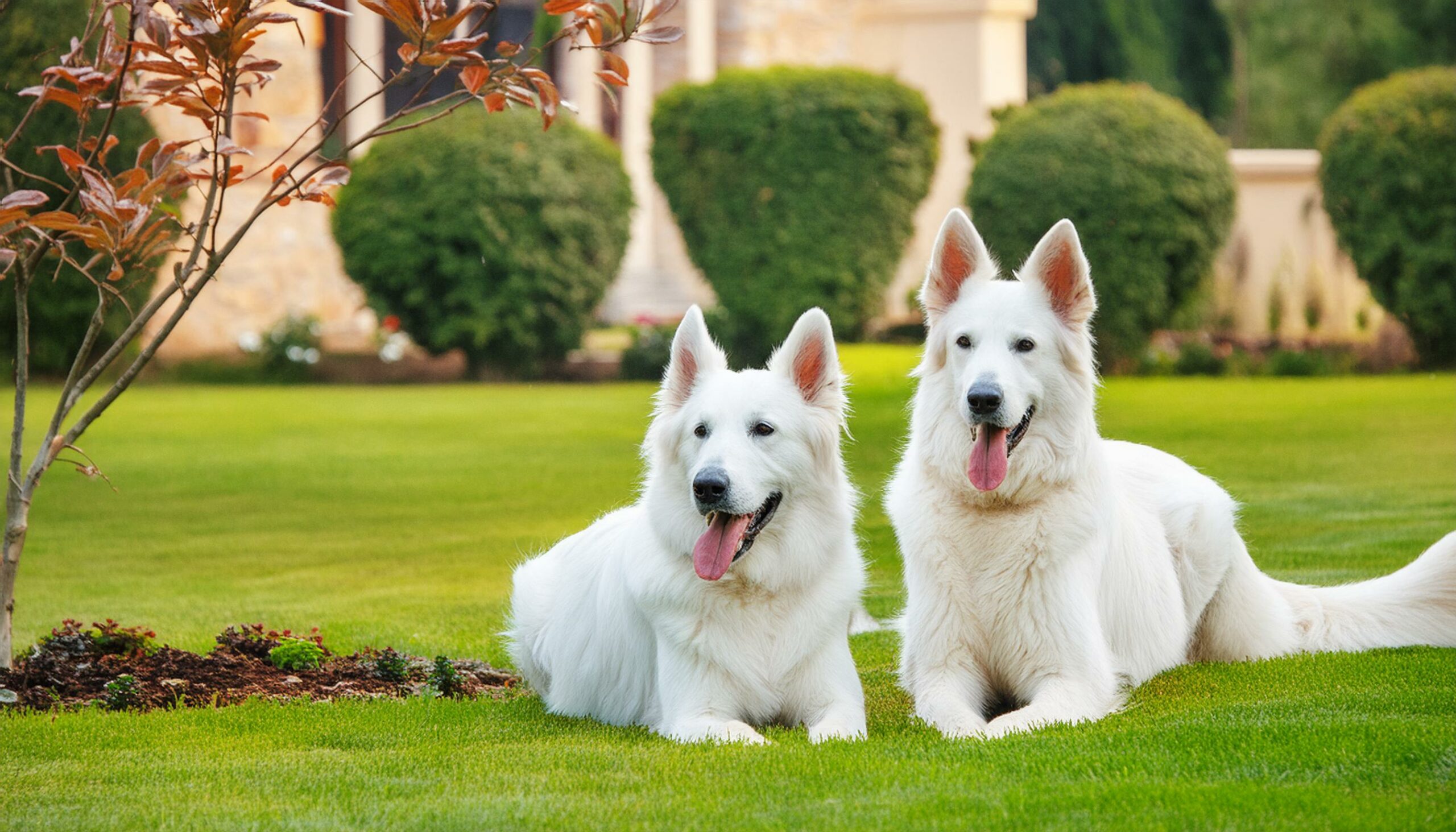German Shepherds are one of the most versatile and widely recognized dog breeds globally, known for their intelligence, strength, and loyalty. Originally bred for herding and guarding sheep, their role has significantly evolved. Today, they serve as companions, protectors, and workers in various capacities, making them a favorite among dog lovers.
Historical Background
The development of the German Shepherd began in the late 19th century in Germany, spearheaded by Max von Stephanitz. His vision was to create a breed that excelled in herding livestock without being distracted easily. Von Stephanitz’s motto, “Utility and intelligence,” perfectly encapsulates the essence of what he sought to achieve, and indeed, what the German Shepherd represents today.

Physical Characteristics
Typically, a German Shepherd is a striking figure of robust build and balanced proportions. They stand between 22 to 26 inches at the shoulder and weigh from 50 to 90 pounds. Their coat, usually tan and black or red and black, is dense and harsh, with a bushy tail. Some German Shepherds are all black, all white, or blue, although these colors are less common and not recognized by all breed standards.
Temperament and Personality
Known for their courage and confidence, German Shepherds are neither hostile nor shy. They possess a calm demeanor when in a household but can quickly spring into action when they feel their family is threatened. This breed is marked by a keen sense of loyalty and devotion to its owner, making it an excellent family pet, especially when trained and socialized from a young age.
Training and Intelligence
German Shepherds are renowned for their high intelligence and trainability. Quick learners, they can perform a variety of tasks after minimal instruction. These traits make them highly sought after for many roles, including police work, military service, and disability assistance. Training a German Shepherd requires consistency and patience, as they respond best to positive reinforcement techniques.
Protective Instincts
Their natural protective instincts make German Shepherds exceptional guard dogs and protectors. This trait is especially valuable in police and military settings, where the dogs are trained to apprehend suspects and protect their handlers. The breed’s protective instincts also make them suitable for personal and property protection.
Health and Care
German Shepherds are generally healthy, but like all breeds, they are prone to certain health conditions. These can include hip and elbow dysplasia, degenerative myelopathy, and other genetic disorders. Regular veterinary check-ups and preventative care can mitigate many health issues. It’s important for owners to be proactive about their German Shepherd’s health to ensure a long, active life.
Dietary Needs
Proper nutrition is crucial for maintaining the health of a German Shepherd. These active dogs require a diet rich in proteins and fats to support their energetic lifestyle. Owners should seek foods that support joint health and enhance coat quality, considering the breed’s predisposition to joint issues and their dense fur.
Exercise Requirements
German Shepherds demand a significant amount of exercise to maintain their mental and physical health. A daily routine should include long walks, play sessions, and mental stimulation activities like training exercises. Lack of exercise can lead to boredom and destructive behavior, underscoring the importance of an active lifestyle.

German Shepherds as Working Dogs
Beyond their roles in homes as pets, German Shepherds excel in various working capacities. They are prevalent in roles such as search and rescue, drug detection, and as service animals for the disabled. Their intelligence and adaptability make them invaluable in these fields.
Military and Police Work
In military and police roles, German Shepherds are trained for search and rescue, detection, and guarding. Their robustness, intelligence, and trainable nature make them ideal for challenging and high-stakes environments where performance under pressure is crucial.
Search and Rescue
German Shepherds play a vital role in search and rescue operations due to their strong sense of smell and ability to navigate difficult terrains. They are often among the first responders during natural disasters, locating and saving lives under challenging conditions.
German Shepherds in Popular Culture
The breed’s popularity is not limited to the real world; German Shepherds have a storied presence in films and television. They are often depicted as heroes, which is a testament to their noble and courageous nature.
Pros and Cons of Owning a German Shepherd
Owning a German Shepherd comes with many rewards, such as companionship, security, and the joy of active engagement. However, potential owners should be aware of the challenges, including their need for regular exercise and potential health issues.
Conclusion
German Shepherds are a testament to the beauty and utility of canine companions. Their intelligence, loyalty, and versatility make them one of the most respected and popular breeds around the globe.
FAQs
How long do German Shepherds typically live?
Typically, German Shepherds live between 9 and 13 years.
What are the most common health issues in German Shepherds?
Common issues include hip and elbow dysplasia, degenerative myelopathy, and gastrointestinal problems.
How much exercise does a German Shepherd need?
They require at least one to two hours of physical activity daily.
Are German Shepherds good with children?
Yes, when properly socialized, German Shepherds are excellent with children.
What should I feed my German Shepherd?
Yes, when properly socialized, German Shepherds are excellent with children.
A diet rich in protein and fat with nutrients to support joint and coat health is ideal.
Yes, when properly socialized, German Shepherds are excellent with children.
